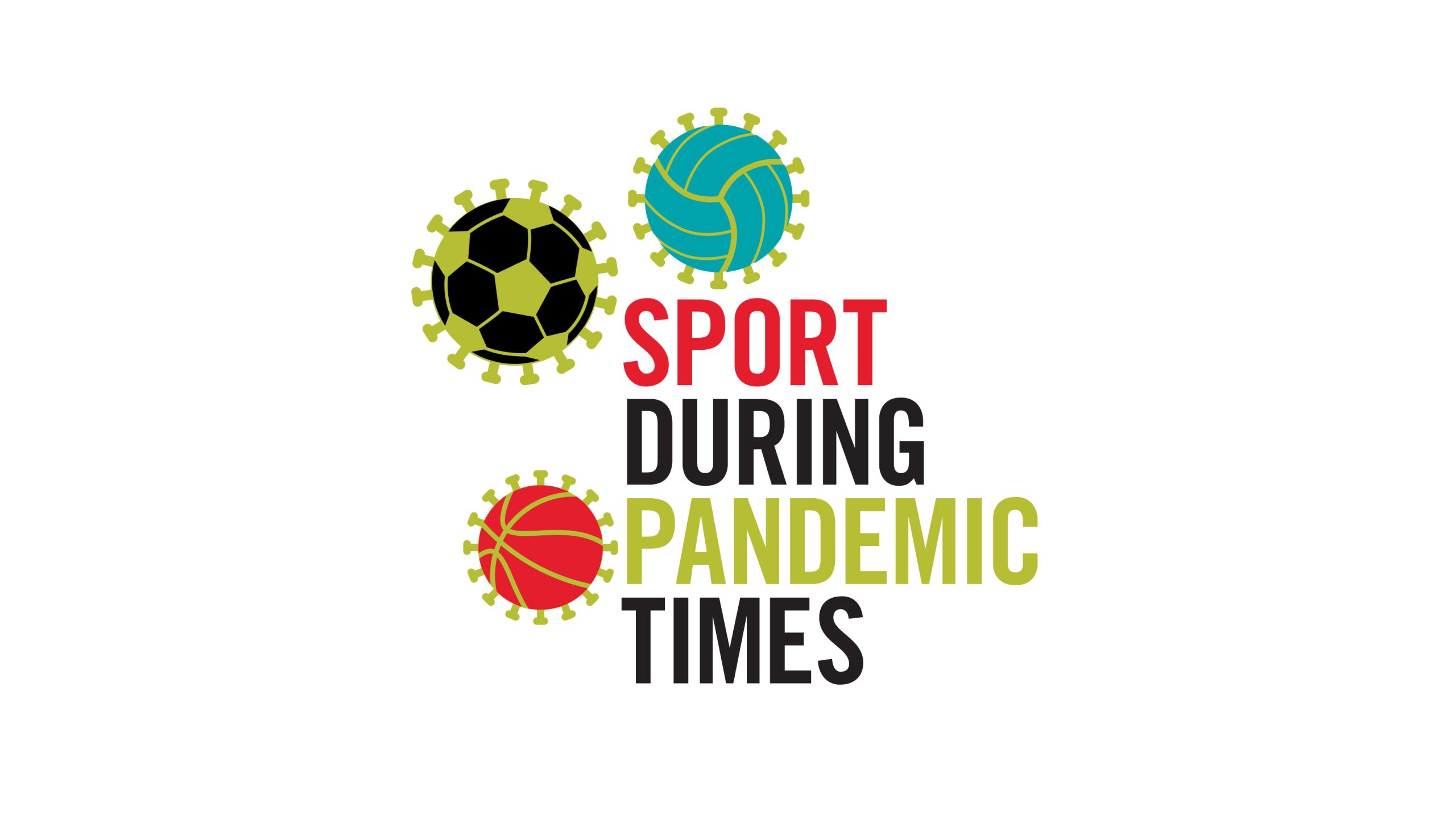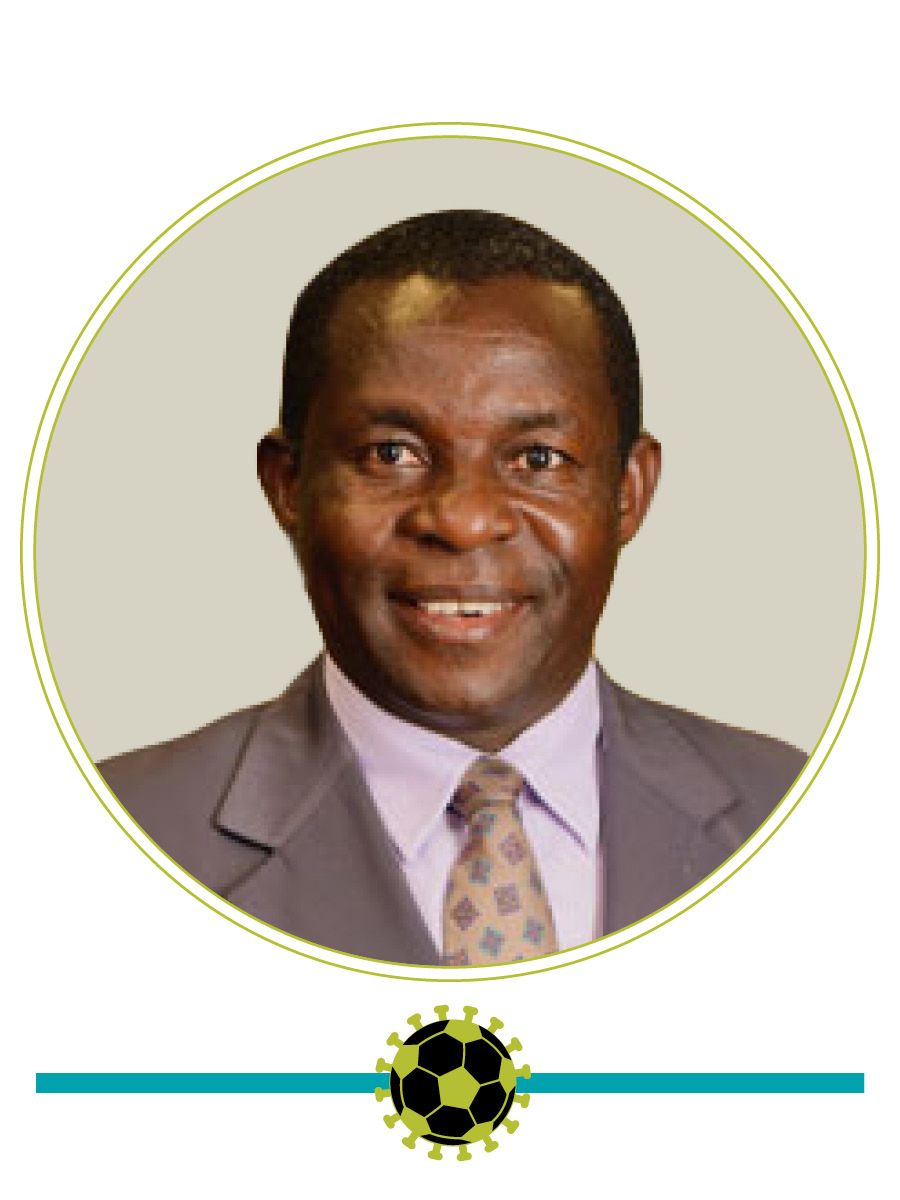15th Annual Virtual
Global Education Forum
Morning Sessions
8 a.m.-12:25 p.m.

Schedule
8 a.m.
Welcome and introduction
Rose Chepyator-Thomson, professor and program director, Department of Kinesiology, Mary Frances Early College of Education
Janet Buckworth, Department Head for the Department of Kinesiology, Mary Frances Early College of Education
Opening remarks
Denise Spangler, Dean, Mary Frances Early College of Education
Keynote address
Impact of Covid-19 on Sport in Global Context
Introduction of speaker and moderator
James Zhang, professor and sport management program head, Department of Kinesiology, Mary Frances Early College of Education
Keynote speaker
Dr. Wycliffe W. Njororai Simiyu, professor, Department of Health and Kinesiology, University of Texas at Tyler
“Sport Disruption During the COVID-19 Pandemic: Evidence and Reflection from Africa and beyond.”
The COVID-19 pandemic has had a profound, yet disruptive impact on the global sport industry. From community organized youth leagues and national leagues in Africa to mega global events such as the Olympic Games, European Champions League, European 2020 Championship, and topnotch sports brand leagues including the NBA, ATP Tour, NFL, and the Diamond League in Track and Field, all were disrupted. The costs for these massive disruptions are still being generated, but the impact touched every player, leader, organization, sports promoter, player agent, cable sports network, and live-sports and TV consumer.
At the individual level, players and athletes had their lives, training, and their competition schedules disrupted by lockdowns, rescheduling, and/or canceling of events. Resource-rich organizations, such as the NBA, NFL, MLB, and Union of European Football and Associations, found ways to complete their respective competitions using new formats. National soccer leagues also did the same in some countries. However, the disruption was insurmountable in some African countries where leagues, sporting activities at institutional and national levels, had to be canceled altogether. A legacy of disruption is the marginalization of the spectators. Most events have gone on without or with limited presence of live-event spectators.
As we gather here, spectators continue to be limited at competition venues. This is likely to be the case for some time. This has in turn affected the financial health of teams and leagues that are dependent on the revenue generated on game days. Teams that used to play in front of their fans have had to adjust their mentality as every match has felt more like a “neutral venue’ than home turf. The documented benefit of home advantage associated with league performances has been tossed out of the window. In developing countries, such as Kenya, the lockdown brought all training and competitions to a halt. As a direct outcome, many athletes and players have lost their primary source of income, exposing their families to financial suffering and in some cases, early retirement. Some, especially aspiring young talents in training camps, have relied upon good-will donations for food and other necessities. This presentation captures some of the trends in global sports amidst the pandemic, drawing on examples from Africa, the United States, Europe, Asia, and South America. It is my conviction that the ongoing COVID-19 pandemic has revolutionized not only the way we live, but also the way we relate, watch, transact, travel, and play sports around the world.

9:35-10:50 a.m.
Sport and Health in the Dominican Republic
Introduction of speaker and moderator
Bryan McCullick, professor and undergraduate coordinator, HPE, Department of Kinesiology, Mary Frances Early College of Education
Featured speaker
Brian Culp, professor and Department Head of Physical Education and Health Promotion, WellStar College of Health and Human Services, Kennesaw State University
"Sport Development in the Dominican Republic: Empowering Communities through a Public Health Lens"
Evidence suggests that sport development has the potential to improve community health and human development. As sport and related activities contribute to identity formation, they can serve as powerful focal points for personal interaction and community engagement. Further, sport environments planned effectively build social networks, cohesion among neighbors, and instill resilience.
Recently, a focus on sport development has been of particular interest to those looking to assist Caribbean countries in health promotion. Despite being one of the fastest growing economies in its region, the Dominican Republic still has challenges in respect to poverty, domestic violence, HIV/AIDS, maternal and infant health, and traffic injuries. The aim of this presentation is to present information regarding the public health program at Kennesaw State University as it develops a working model to combat these issues and detail students' learning experiences being involved in a community empowerment study abroad program based in the Dominican Republic. In determining best practices, perspectives on policy and strategy, partnerships, places and spaces, community social development, evaluation, monitoring, and sustainability will be discussed along with post COVID-19 future directions.

11:10 a.m.–12:25 p.m.
Ph.D. Student Panel on Instruction During Covid-19 Pandemic
Introduction of panelists and moderator
Sehwan Kim, ABD, Department of Kinesiology, Mary Frances Early College of Education
Panelist
Chenelle Goyen, associate director of undergraduate admissions and Ph.D. student, Department of Kinesiology, Mary Frances Early College of Education
“Successful Teaching Tactics in Higher Education”
COVID-19 has had a tremendous global impact on the education sector. Some higher education institutions in the United States were forced to take a hybrid approach to teaching since the outbreak in March 2020. There was a 16% decline of enrollment by international students studying in the U.S. in fall 2020. With schools being closed, both teachers and students had to adjust to the new reality of virtual school. It is difficult to foresee whether COVID-19 will result in long-term disruption to the higher education system. Therefore, in this session, we will focus on teaching methods that have been proven to be effective during this pandemic, including some best practices for teaching online and new innovative methods for teaching or presenting to students from around the globe.
Panelist
Kristina Hoff, Ph.D. student, Department of Kinesiology, Mary Frances Early College of Education
“Hybrid Lecturing in Higher-Education During the Covid-19 Pandemic: Challenges and Strategies”
College and university settings are places where students from numerous nations across the world often live, study, and interact in close proximity. However, the outbreak and rapid spread of the coronavirus has significantly impacted this ecosystem. While some colleges and universities continue online classes, many have implemented various formats such as hybrid teaching. Hybrid teaching is a mix of online and in-person instruction that has left instructors and educators combatting the difficulties associated with synchronously teaching online and in-person. Therefore, the purpose of this presentation is to facilitate a discussion on the challenges that instructors face and the strategies adopted to ensure all students have accessibility and equal opportunity to learning in a hybrid format amid a global pandemic.
Panelist
Sean Seiler, Ph.D. student, Department of Kinesiology, Mary Frances Early College of Education
“Teaching Basic Physical Education Courses: Techniques and Technologies”
Since Seiler began instructing in fall 2020, three important themes have been central to his instruction: communication, personalization, and affirmation. With a substantial number of students preferring to complete PEDB courses remotely in an asynchronous manner, exploring alternative communication channels to maintain engaged with students outside the normative email or online platform has become necessary. Two techniques emerged as most effective, namely GroupMe and course personalization. To implement these strategies into his courses, Seiler provided students with his phone number so that they could send him text messages. With reduced capacity, instructors have had the opportunity to engage with smaller class sizes and build stronger relationships and rapport with students through increased individual feedback. However, it is difficult to provide online students the same level of attention that is critical to engagement and success. Similarly, the value of affirmations has become more apparent, as taking a moment to acknowledge students, asking them how they are doing, let them know you (as the instructor) appreciate their effort, and continuing the dialogue by letting them know if they have any questions, they feel seen, empowered, and appreciated.
